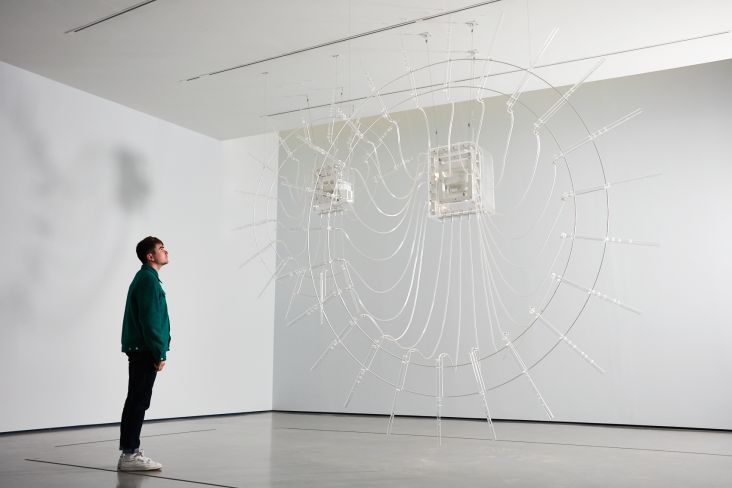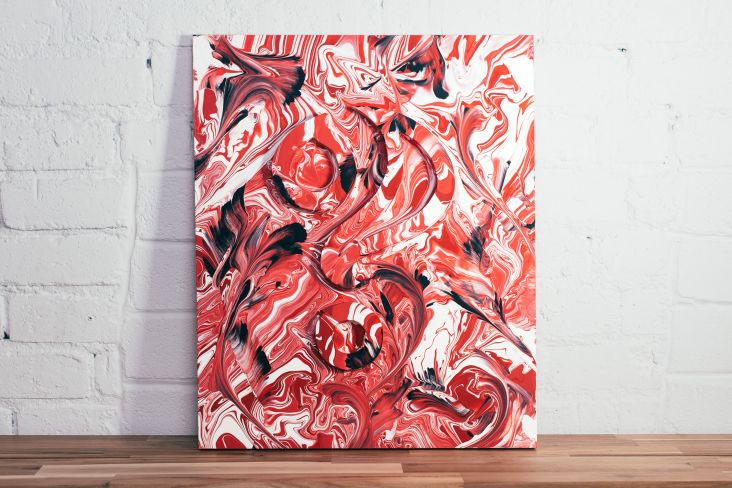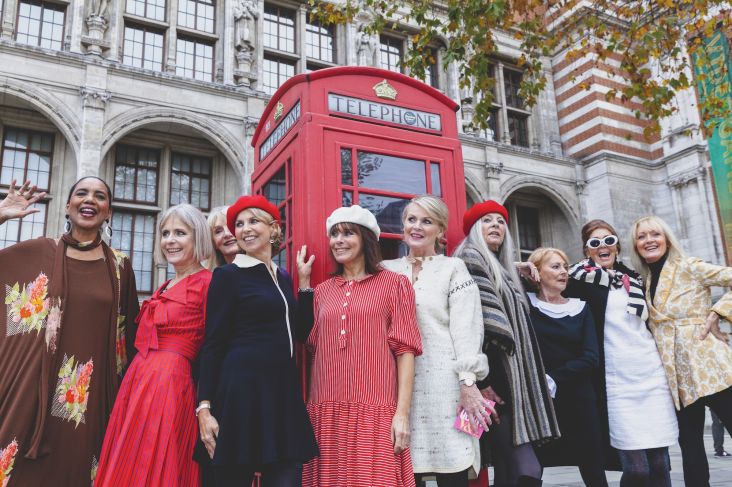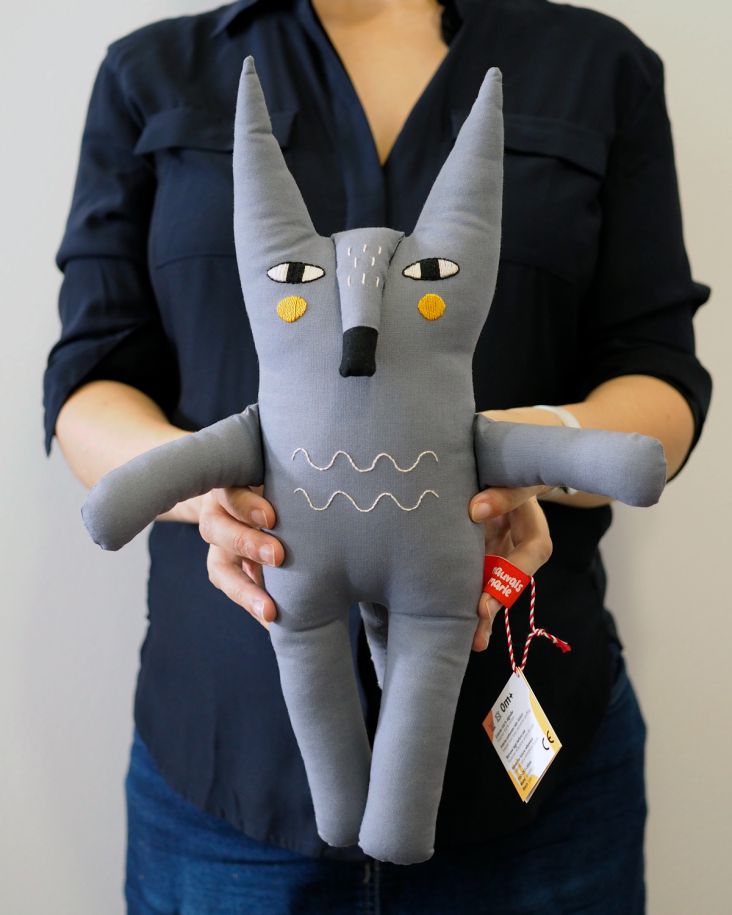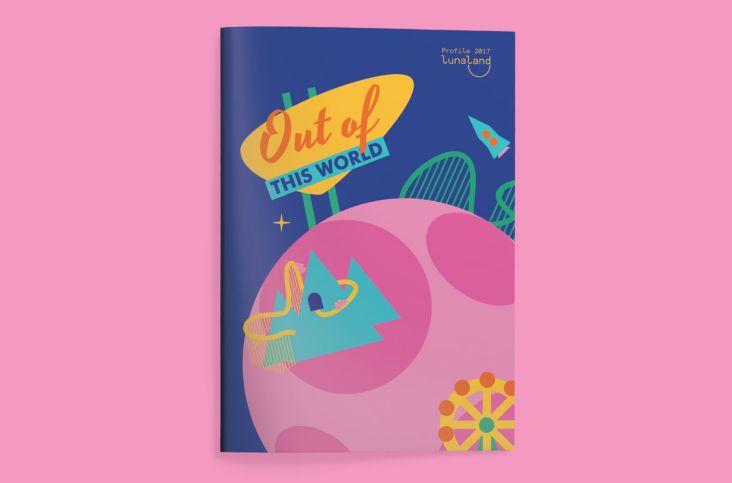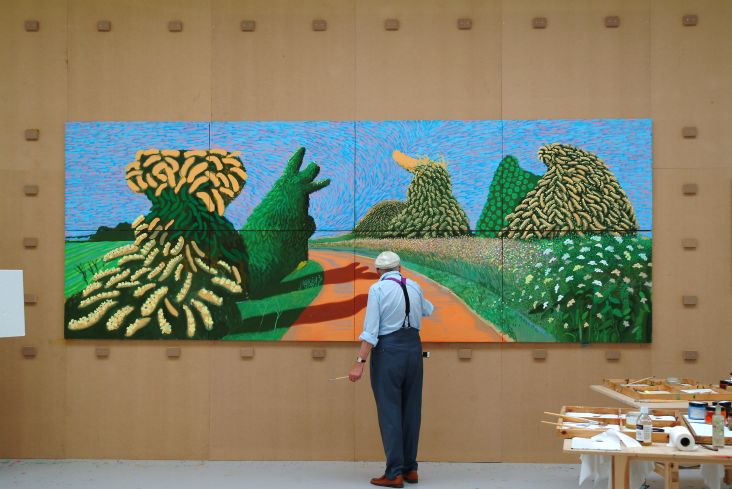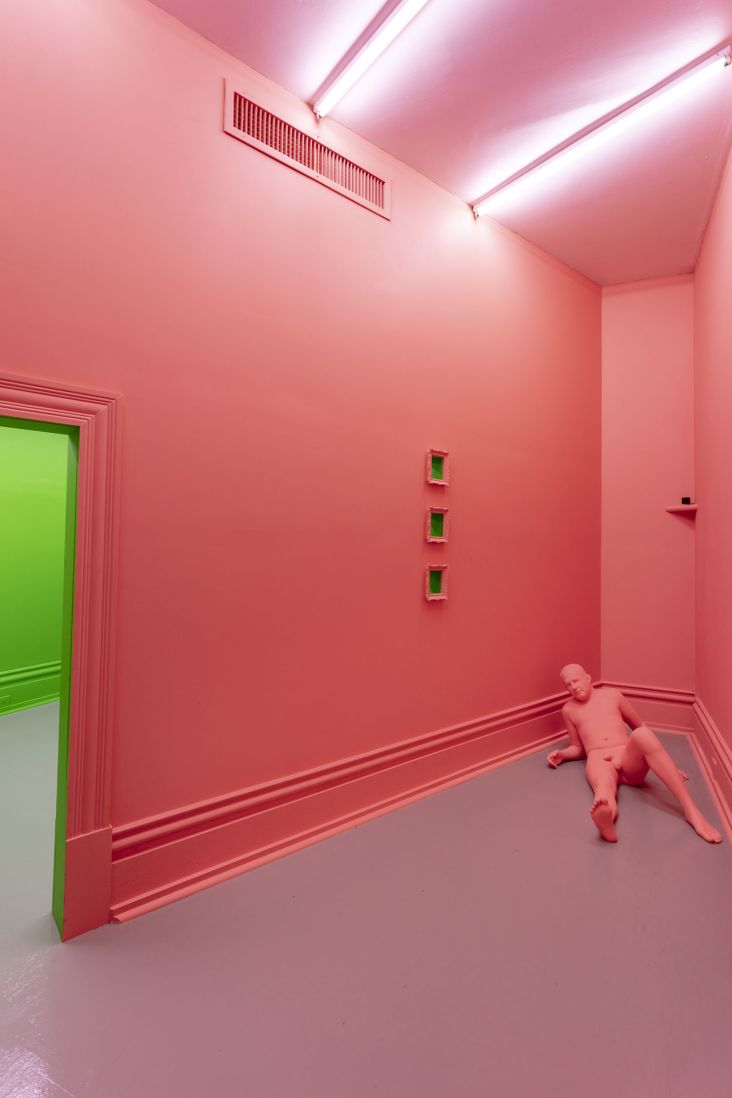Simon Bray on Martin Parr's portrait of Manchester, dealing with loss and why people matter the most
Simon Bray describes himself as a Manchester-based artist who develops projects exploring "place" through photography, text and sound, investigating our connection to that place and its influence on our personal identity.
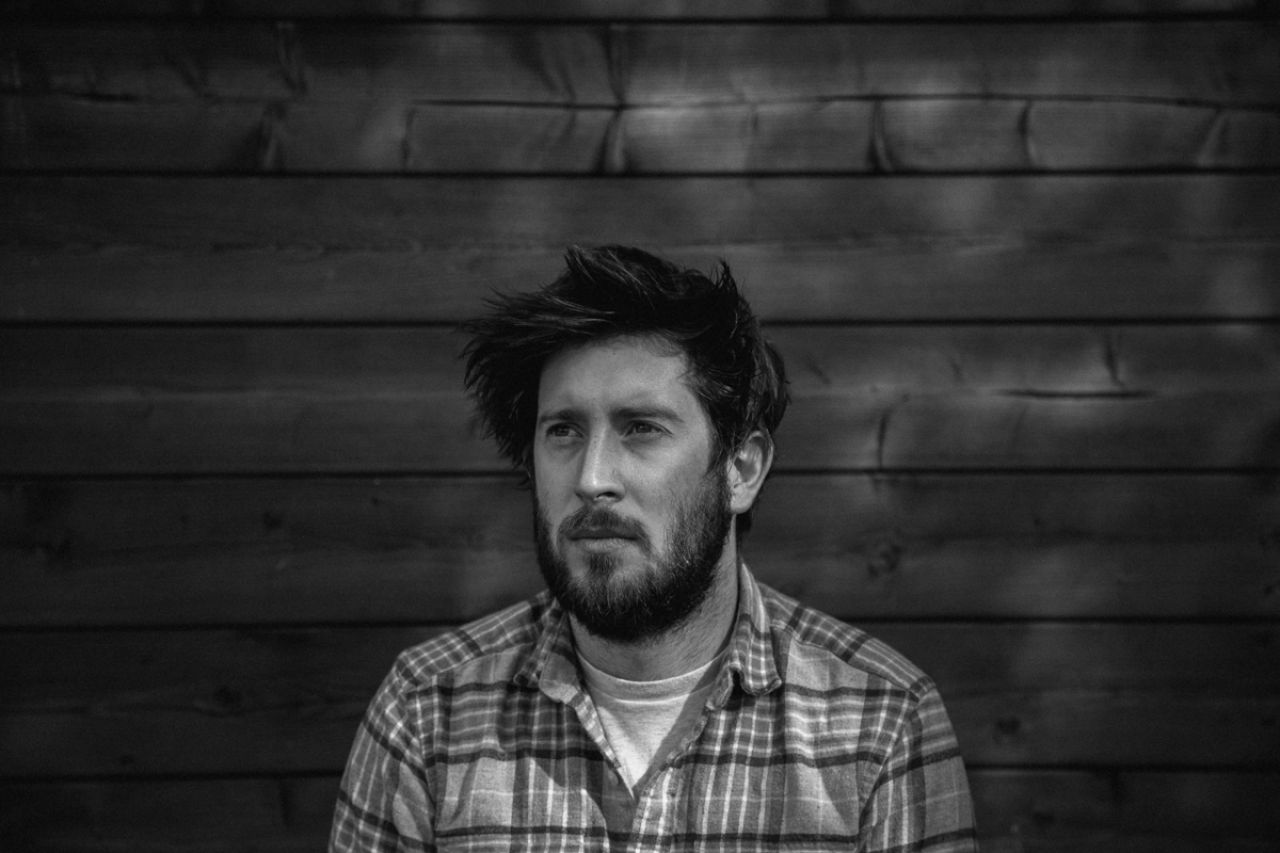
Over the last few months, he's been working alongside legendary photographer Martin Parr, producing a new commission for Manchester Art Gallery. Martin Parr: Return to Manchester, which launches on Friday 16 November, will show how the lives of Mancunians have changed since Martin began his career in the city during the early 1970s. It's a series Simon has been very proud to be involved in.
It follows on from his documentary project Loved & Lost, which invites people to explore their experiences of loss. It's something very close to Simon's heart, as we discovered after chatting with Simon about this and more.
You were asked to get involved in this new Martin Parr exhibition. Tell us more. What was your role?
Yes! Manchester Art Gallery commissioned Martin to make a portrait of Manchester in 2018, to be exhibited alongside his previous work from the city, which dates back to the '70s when he studied photography here.
I’ve been working alongside the curator and Martin as the producer of the new commission, arranging locations for shoots in order to try and represent contemporary Manchester. We’ve tried to ensure we have a broad cross-section of life within the city, ranging from institutions that we are internationally known for, like United, City, the BBC and the Graphene Institute through to local groups and events, markets, parades, celebrations, religious groups, exercise classes, hairdressers and kebab shops, places where the residents of Manchester spend their daily lives.
What was Martin like to work with?
It’s been such a privilege to work alongside Martin. He’s one of the most highly regarded photographers of a generation. His work has been an inspiration for many years, and to get to not only observe how he goes about making photographs but to facilitate it has been brilliant.
He’s a bit of an institution in the photography world. He doesn’t necessarily need much assistance in making pictures, but over time we built up an understanding and a trust that I hope has enabled a great new series to be created.
What did you learn from the experience?
He never stops! He just works relentlessly, he’s always looking for another shot, not happy to settle for what he’s got, knowing there will always be another scene around the corner worth capturing.
His endless fascination with daily life and his confidence to enter into someone else’s space and feel instantly at home in order to make images is something that so many photographers can learn from. We all create so many barriers that restrict what we allow ourselves to create, and Martin’s influence has enabled me to start breaking down those things that are slowing me down.
Do you have a particular favourite image from the show?
There are a few from Manchester Pride and the Royal Wedding parties which really capture the occasions in a way that only Martin could. It’s very hard to select a favourite.
There’s an image of two boys waiting together at a bus stop, a sporadic moment on the street which captures the connection between the two of them. It’s not a photograph I could have imagined possible many years ago and for that reason, it feels like it already marks this series as being a significant portrait of Manchester in 2018.
There’s also a picture of a middle-aged Asian woman dancing at a Zumba class and it looks like she’s having the time of her life. It’s such an energetic portrait portraying her physical expression, and again, I don’t know whether that type of image could have been made many years ago.
Were you always a photographer?
I studied music at Manchester University and spent quite a few years performing and managing bands, which was great fun. I was lucky to travel, do stuff for TV and radio, meet a lot of great people and enjoy living my teenage dreams!
There came a point though when I realised I didn’t really want to make it into a career. I’d been taking photographs for a few years and decided to take it more seriously, start working on self-initiated projects and see if I could earn a living from it. Music still inspires and influences my work every day though.
I’ve spent the last five years working out how to make a new career for myself, collaborating with other artists and photographers as well as figuring out how to apply to the Arts Council for funding and building relationships with commercial clients.
I’m always striving for more. I’ve been fortunate to gain some great opportunities early in my career, exhibiting work across the country, being supported by amazing press exposure, working with internationally renowned artists through Manchester International Festival and Manchester Art Gallery. And I’ve just received my first public commission for my documentary project, Loved & Lost. But this is just the start, I’ve got so much more to do!
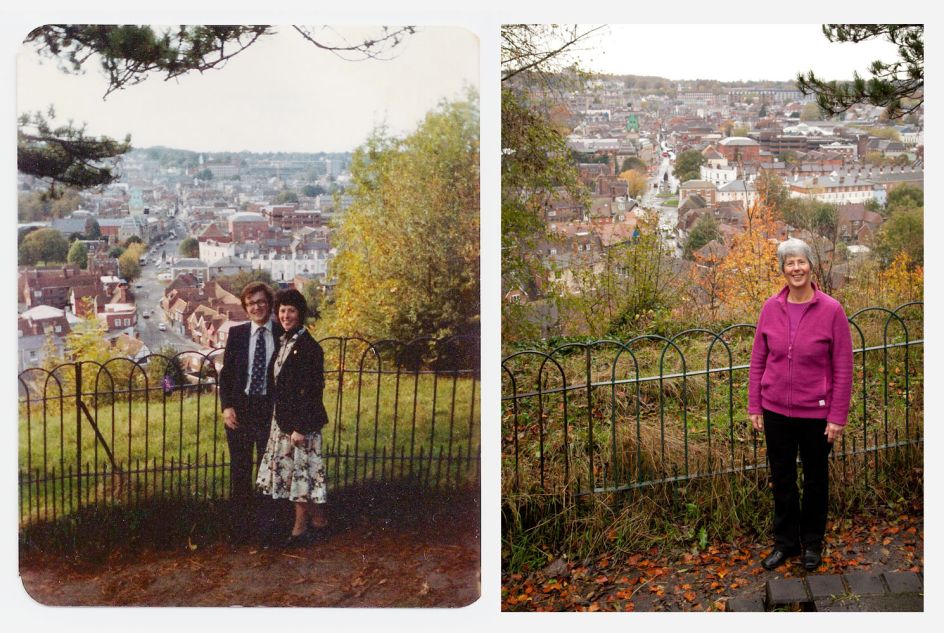
Loved & Lost
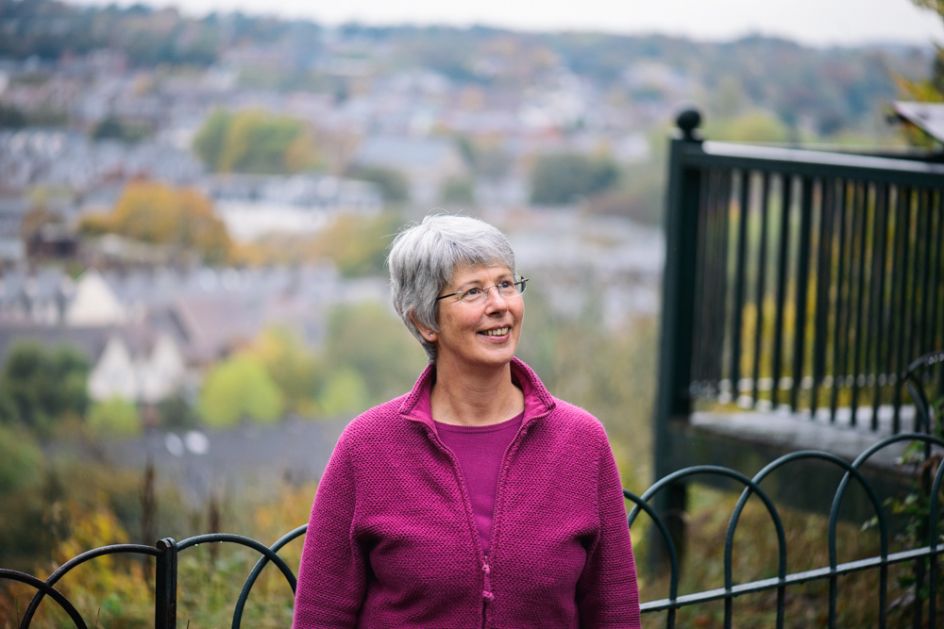
Loved & Lost
Speaking of Loved & Lost – it's such a moving project and very personal to you. How did it begin?
Loved & Lost was the first project that I started when I wanted to pursue photography more seriously. My dad passed away in 2009 when I was only 22 and that began a journey of exploring what that loss meant to me, to those around me and how I could begin to process what had happened. I found that talking about my experience and what I was feeling in each moment really helped, but there was a limit to when, where and who I could express those things to. So I developed Loved & Lost.
The starting point is an old family photograph of the participant alongside someone who is no longer with us. I return to the location of the photograph with them in order to re-create it. Returning to that place is an extremely evocative experience. For some, it’s a place they’ve returned to regularly, for others, it’s the first time in 30 years. Regardless, the sense of space, sight, sound and smell coupled with treasured memories can make for a very powerful sensation.
After we’ve taken the photographs, we find somewhere to sit and chat. It’s amazing how deep people go and how willing they are to share. The affinity comes from both wanting to talk about our losses and, for me, this is where the truly restorative elements of the project come out.
I’m not a counsellor or psychiatrist, but through simply sitting and listening to one another, I hope we can understand more of who we are, how we relate to one another and have an opportunity to celebrate those who are no longer with us.
I record the conversation and piece the interview together with the images for the stories to go online. Loved & Lost has already been featured by The Guardian and I filmed a feature for BBC Breakfast earlier in the summer, so the project is already reaching countless lives and hopefully demonstrating that it’s ok to talk about loss.
If I’m honest with myself, I began the project to help me deal with the loss of dad. To try and make something good from the most painful thing I’d ever encountered. I’m revisiting that all over again having lost my younger sister to brain cancer a few months ago. I’ve not quite felt ready to revisit the project yet, but when I do, I know that talking with others will help me as I involve them with the project.
I'm so sorry to hear of your loss. Do you feel the experience has changed you?
Undoubtedly. It affects you in every aspect of life. Sometimes you feel like the loss is controlling you, occasionally you forget and then it’s painful to remember all over again as if you’re finding out for the first time. I still have to remind myself that it’s real. Some days that’s every few hours. Sometimes when I wake in the night.
But the world keeps on turning. You don’t have much choice but to face forwards. I try my best to use my experience of loss as a point of motivation. To make the most of what I have before me.
In a strange way, it allows you to dream of what you want, because it really brings home the notion that time here is limited and not to wait for someone to open the doors in front of you, but to push them open yourself.
I’ve made various projects as a result of my experiences. The 30th December is the anniversary of dad’s passing, so each year on that day I will go out and make landscape photographs.
I also put together a set of images of the garden of my childhood home, collated from family photograph albums, called Signs of Spring. Initially, it was a response to my mum moving away from that house, but it’s become so much more poignant given what’s happened this year.
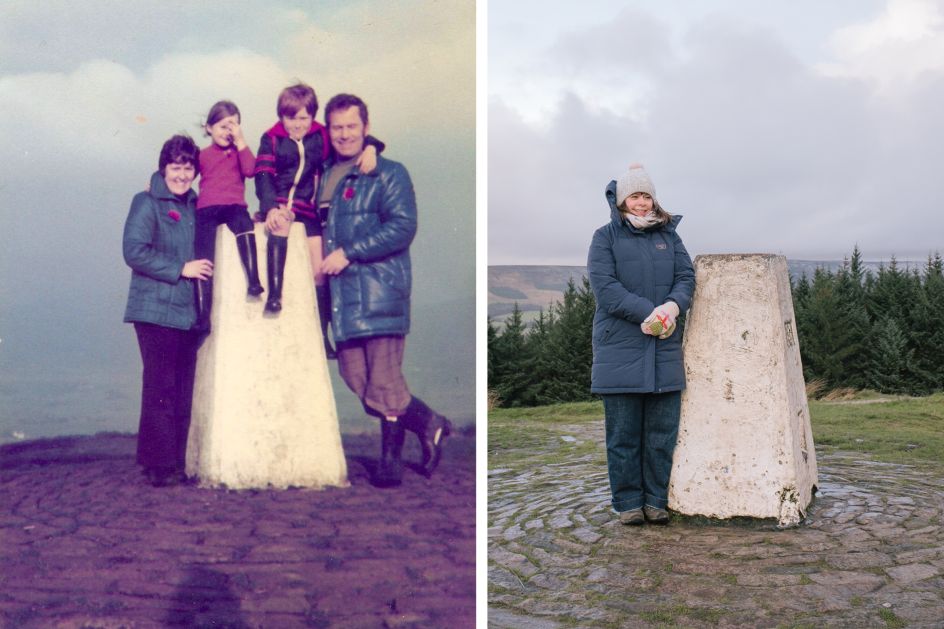
Loved & Lost
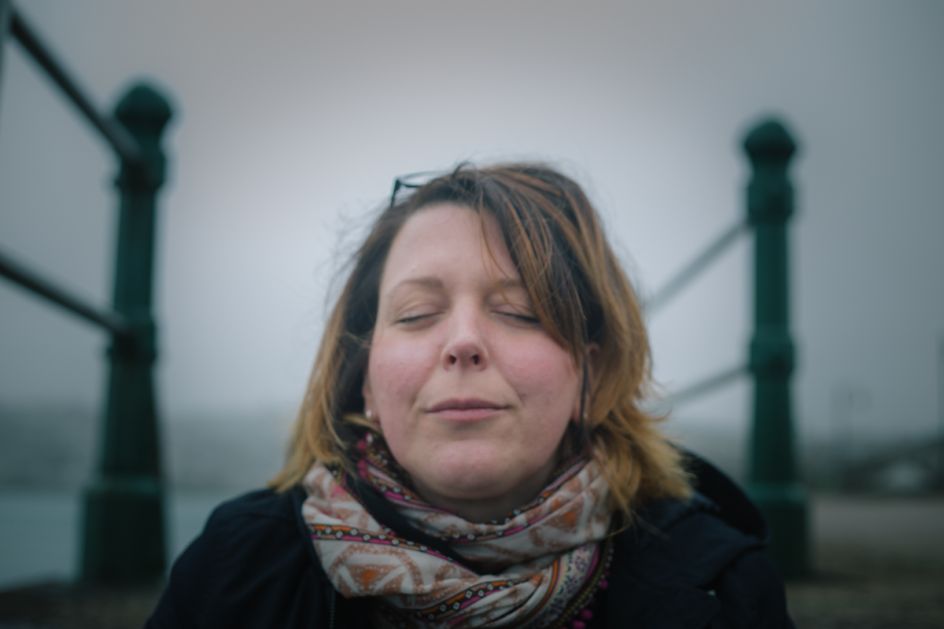
Loved & Lost
You mention that Loved & Lost has also helped others. Are there any stories that particularly stay with you?
I’m very glad to say that each of the participants in Loved & Lost has responded to say it was a positive experience. That’s not to say it isn’t difficult, but there’s so much strength and restoration available if you can engage with the process.
Some have said it’s one of the best things they’ve ever done. That has very little to do with me, but more about giving people a platform to express what’s inside them that needs to be said. For many, it’s not only going through the process but the response that they get from family and friends afterwards that is so valuable.
Everyone around them feels like they know their story, but here it is, being told to a stranger and presented in a digestible way and it opens up conversations that they just wouldn’t have otherwise had!
When the feature on the project was aired on BBC Breakfast, they asked viewers to submit their own images of people and places that were close to them. That was an amazing moment, to see that my idea had engaged people across the country to share the things dearest to them. That’s all I want, for people to feel enabled to share.
That's beautiful indeed. Was your loss the reason why you went freelance?
Going freelance was a result of many things. The desire to be in control of my own time, which I deem one of the most important aspects of modern life, was a big factor.
I was managing a coffee house called The Anchor, which I took real pride in, but I’d spent the summer of 2017 on a fellowship with Manchester International Festival, which really broadened my horizons in what I felt I could achieve creatively.
Having also got to a point with my commercial work where I felt I would be able to support myself it felt like the right time, which was affirmed within a matter of days when I got the call from the curator at Manchester Art Gallery asking if I could produce Martin Parr’s commission!
You've recently become a father. Congratulations! Does working for yourself give you a good work/life balance?
Thank you! Ottilie was born in August and has been such an amazing blessing, particularly given how tough the past 10 months had been. In terms of work/life, I wouldn’t have it any other way. I think that balance is different for everyone, but when my sister was ill through the start of the year, I was able to travel to be with her and family in Cornwall, I can’t imagine how I’d feel now if I’d had to have been at work rather then with her.
Now that Tilly is here, I get to be about at home, be a dad and fit in work around being with her, Sarah and the rest of the family. That’s my priority. Most of the time, I can choose when to do project work and commercial work, and for the time being, it’s going well!
For the first month of her life I was at home a lot, and as amazing as that was, I missed going out to take photographs, so I decided to make a short series of life at home to capture something of what our new life at home looked like.
Next year, I’ll begin a new commission for Loved & Lost for Sheffield Museum, so I’ll get busier again, but for now, whilst sleep is scarce and my daughter's changing every day, I feel like I’m in the right place.
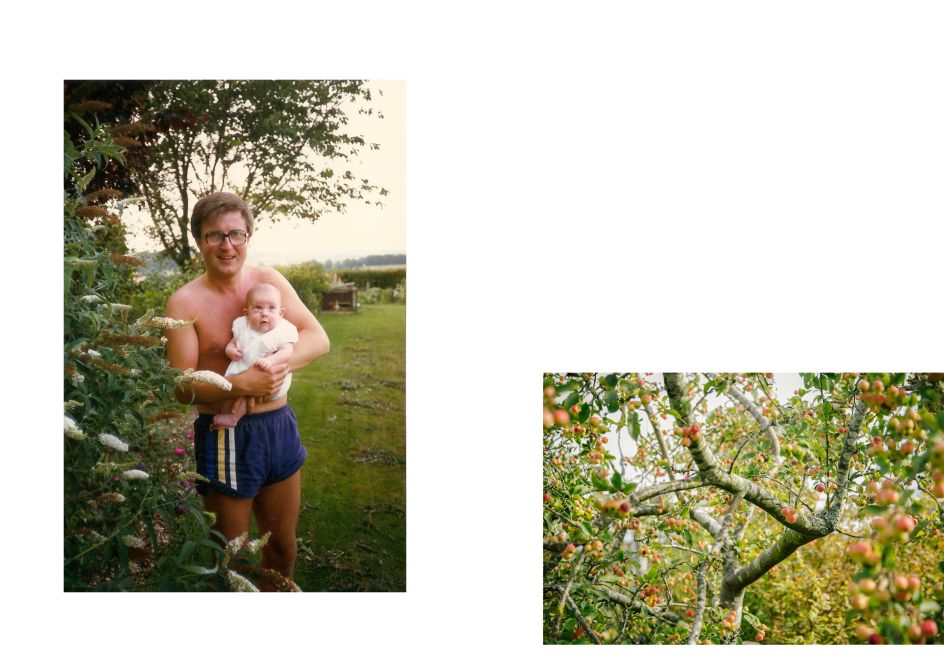
Signs of Spring
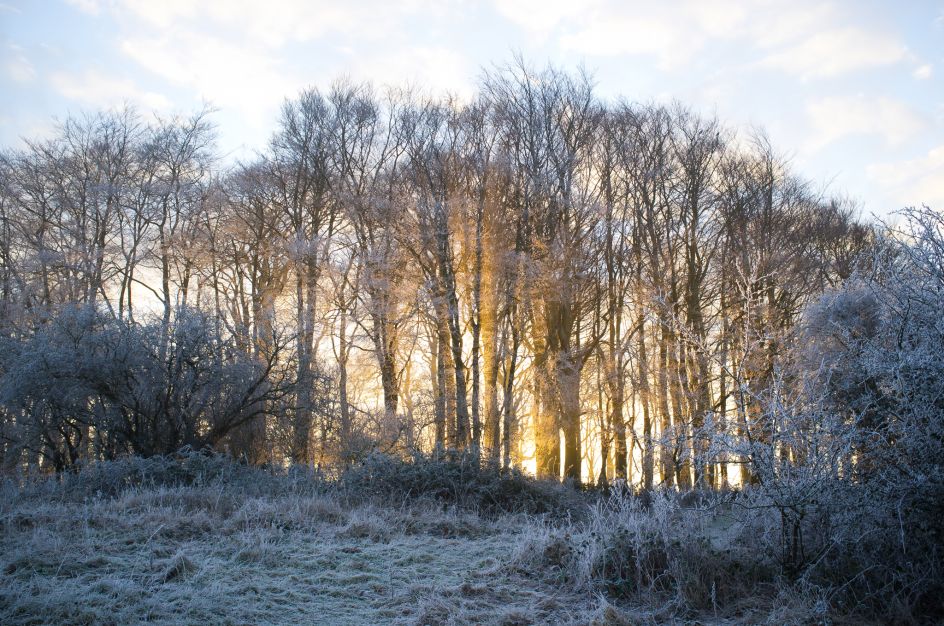
30 December
What do you find helps in getting your name out there?
Meeting people. I can work as hard as I want trying to promote projects online, but nothing beats having a conversation with someone face to face. It’s been harder this year, but I try to get to events and meetups whenever I can and avoid just speaking with the people I already know.
My advice to others? Find someone new and ask them about themselves and listen to what they have to say. Most of the time they’ll be very willing to tell you and it’s surprisingly easy to find a connection, another person, a place, an event – we’re all connected in some way or another! Invite yourself to things, buy tickets to events, arrange to meet up for a coffee, make friends!
Have you always lived in Manchester? What is it about this city that keeps you here?
I grew up in Hampshire, fairly quiet, rural and white middle class, so moving to Manchester 12 years ago was a bit of a shock to the system, but the longer I’m here, the more affinity I feel towards the city.
Working with institutions like Manchester International Festival and on the recent commission with Martin has allowed me to engage with so many people across Manchester, to get below the surface and, in many ways, celebrate what an amazingly diverse and enterprising city we get to live in. I still get found out straight away for being a southerner because of my accent, but most people forgive me for that eventually.




 by Tüpokompanii](https://www.creativeboom.com/upload/articles/58/58684538770fb5b428dc1882f7a732f153500153_732.jpg)


 using <a href="https://www.ohnotype.co/fonts/obviously" target="_blank">Obviously</a> by Oh No Type Co., Art Director, Brand & Creative—Spotify](https://www.creativeboom.com/upload/articles/6e/6ed31eddc26fa563f213fc76d6993dab9231ffe4_732.jpg)








](https://www.creativeboom.com/upload/articles/03/037765ddc5263e65b7f872aeba1595b3a5c559ff_732.jpg)
